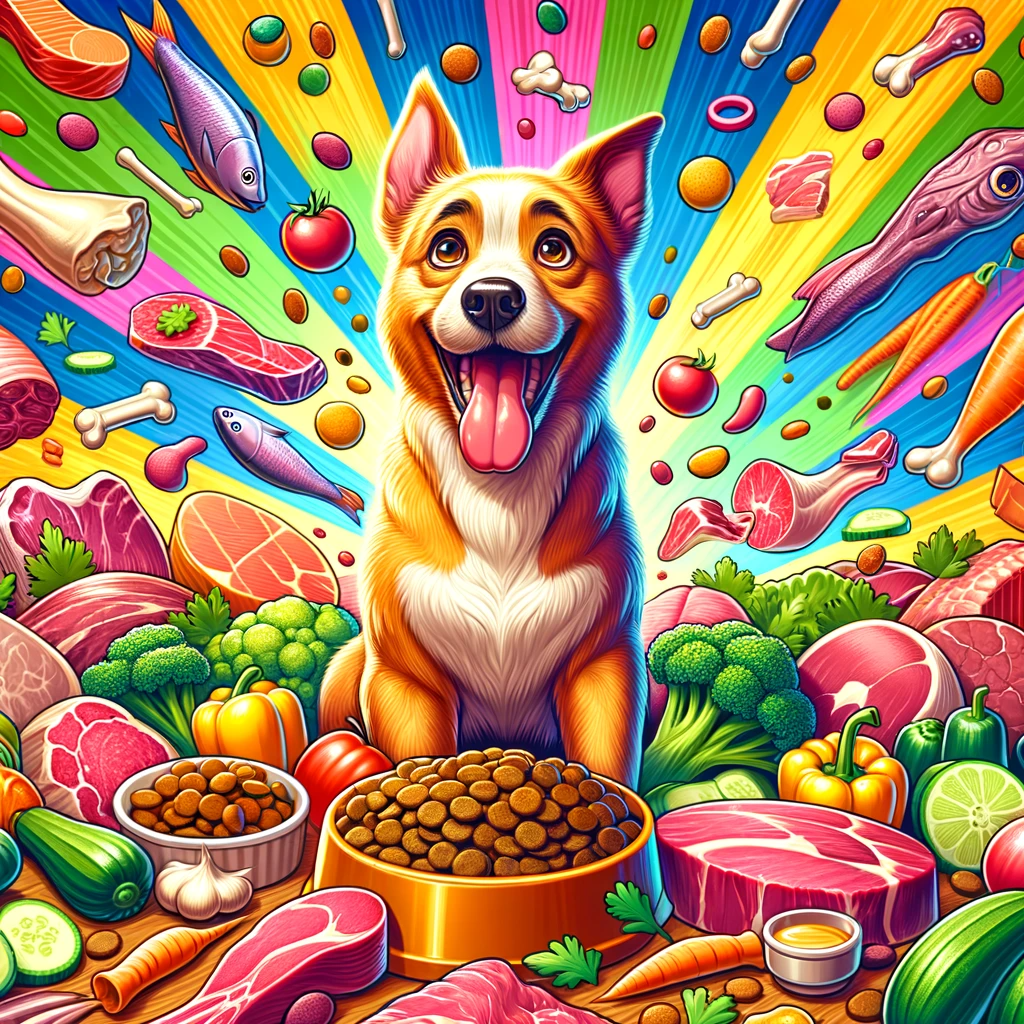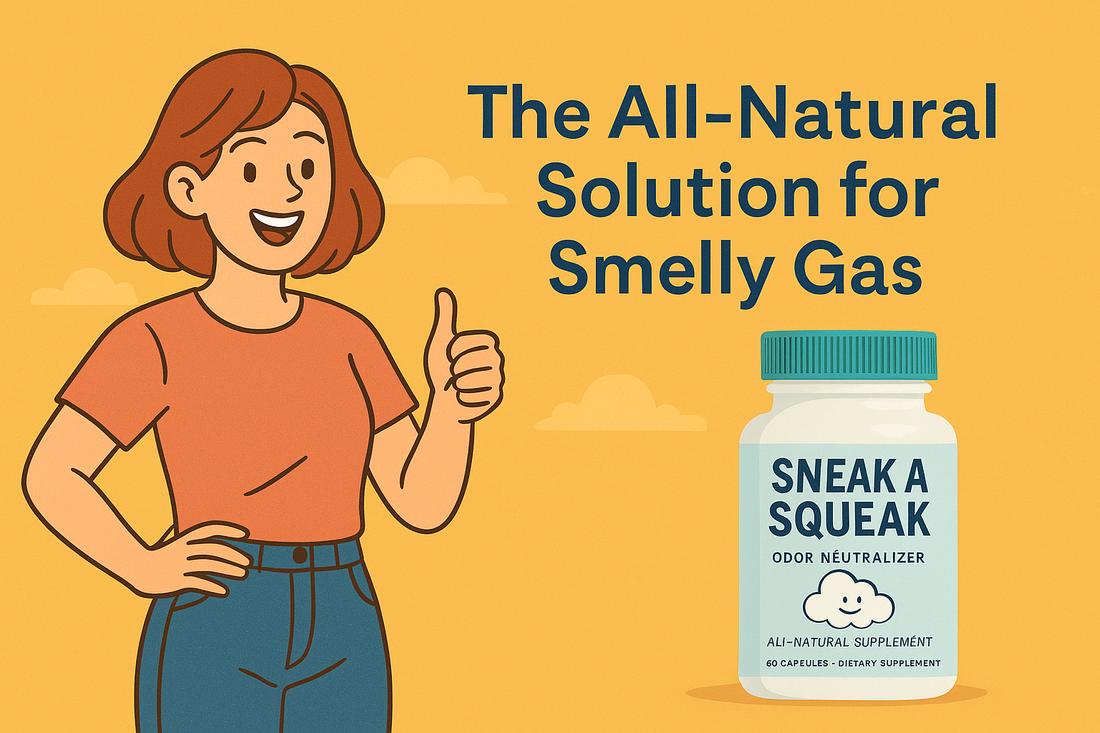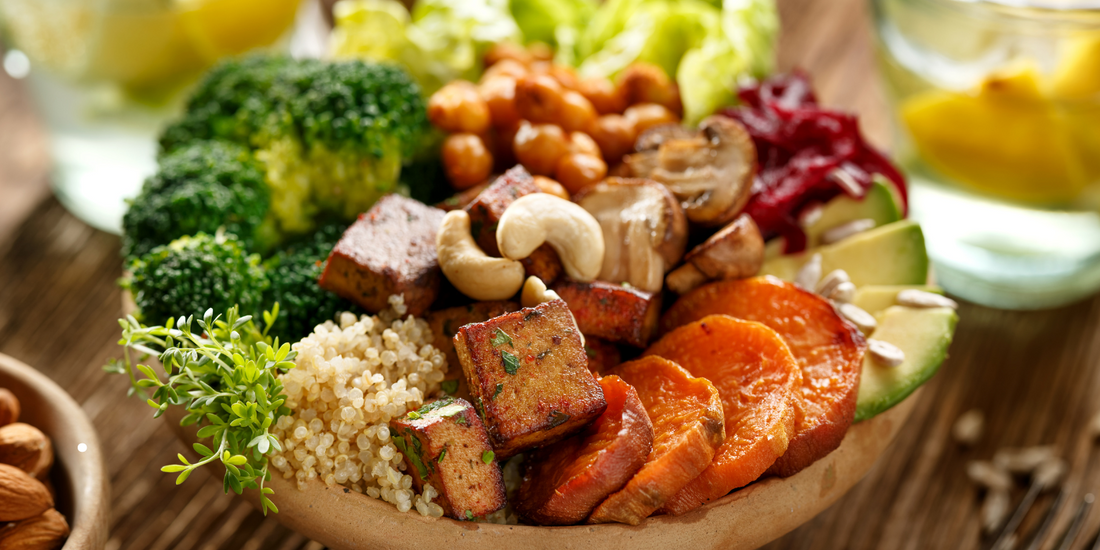As dog lovers, we all want our furry friends to live long, happy, and healthy lives. One of the most crucial factors in achieving this is what we put in their food bowls. Just like humans, dogs need a balanced diet to maintain their health, and the quality of their food plays a significant role. Let's dig into why quality food is so important for dogs and how you can ensure your pup is getting the nutrition they deserve.
The Importance of Quality Dog Food
**Optimal Health and Vitality**: High-quality dog food is packed with essential nutrients, vitamins, and minerals. This ensures your dog maintains a healthy weight, has a shiny coat, strong bones, and an overall robust immune system.
**Digestive Health**: Dogs with sensitive stomachs particularly benefit from quality food. Premium ingredients are more digestible, reducing the risk of gastrointestinal issues.
**Longevity**: A proper diet can help prevent health issues like obesity, heart disease, and diabetes, potentially extending your dog’s life.
**Better Quality of Life**: Quality food can improve your dog's energy levels, mental sharpness, and overall well-being, making for a happier, more active companion.
Suggestions for Feeding Your Dog Quality Food
1. **Read the Ingredients**: Look for food with real, whole-food ingredients. The first ingredient should always be a specified meat source, like chicken, beef, or lamb.
2. **Avoid Fillers**: Steer clear of foods with excessive fillers like corn, wheat, and soy. These are often used to bulk up the food but offer little nutritional value.
3. **Check for Artificial Additives**: Avoid foods with artificial colors, flavors, and preservatives. These can be harmful to your dog's health.
4. **Tailor to Life Stage**: Ensure the food is appropriate for your dog's age, size, and activity level. Puppies, adults, and seniors have different nutritional needs.
5. **Consider Special Diets**: For dogs with health issues like allergies or sensitivities, consult your vet for a diet that suits their specific needs.
6. **Balance with Wet Food**: Mixing in some high-quality wet food can provide extra hydration and variety.
7. **Don’t Forget Fresh Food**: Incorporating fresh, dog-safe fruits and vegetables can boost your pet’s diet. Think blueberries, carrots, and pumpkin.
8. **Consult Your Vet**: Always talk to your veterinarian before making any significant changes to your dog's diet.
Feeding your dog a high-quality diet is one of the best ways to show your love and care. While it might cost a bit more upfront, the long-term benefits to your dog’s health and happiness are priceless. After all, a healthy dog means fewer vet visits and more tail-wagging years together!
Remember, every dog is unique, and what works for one may not work for another. Finding the perfect balance for your furry friend might take some time, but it's worth every effort. Here's to the health and happiness of our four-legged family members! 🐾💕

The Tail-Wagging Truth: Why Quality Food Matters for Your Dog
by
Mark Acor
in
Gone With The Wind
Related Posts
Why Sneak a Squeak Might Be the Most Underrated Father’s Day Gift This Year
Looking for funny yet useful Father’s Day gifts? Discover why Sneak a Squeak might be the best underrated gift for dads—odor-free and unforgettable.
Learn moreHow to Naturally Eliminate Smelly Gas (And Feel Great About It!)
Discover Sneak a Squeak—the all-natural supplement designed to neutralize smelly gas odors at the source. Say goodbye to awkward moments and embrace odor-free confidence today!
Learn moreHow to Naturally Reduce Flatulence Odor
Learn how to naturally reduce flatulence odor and make your gas not stink with these effective tips and solutions.
Learn more



